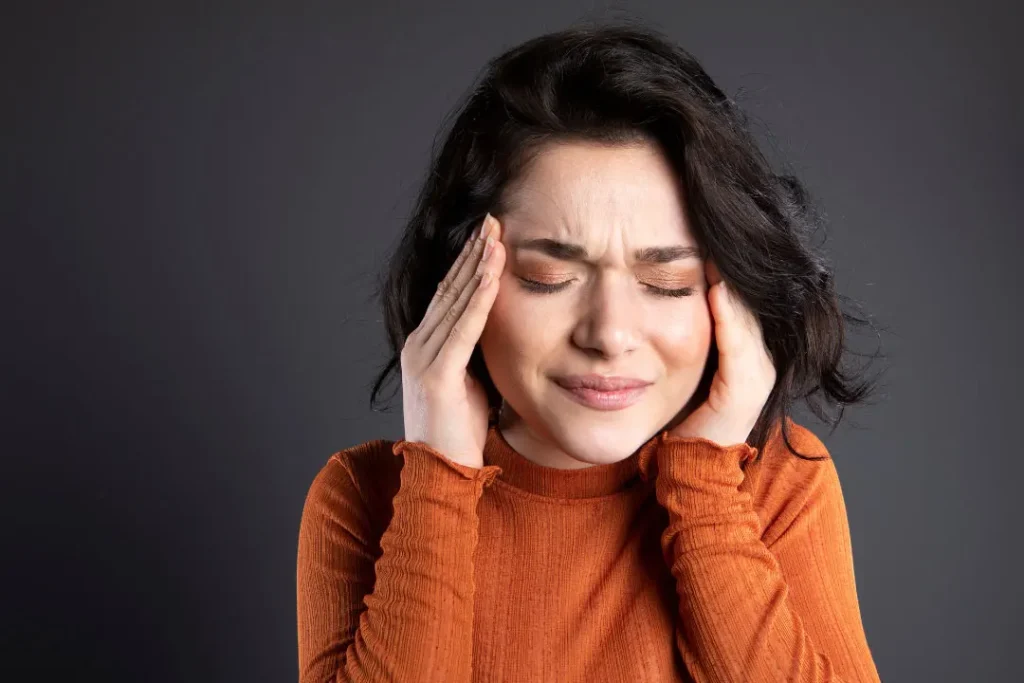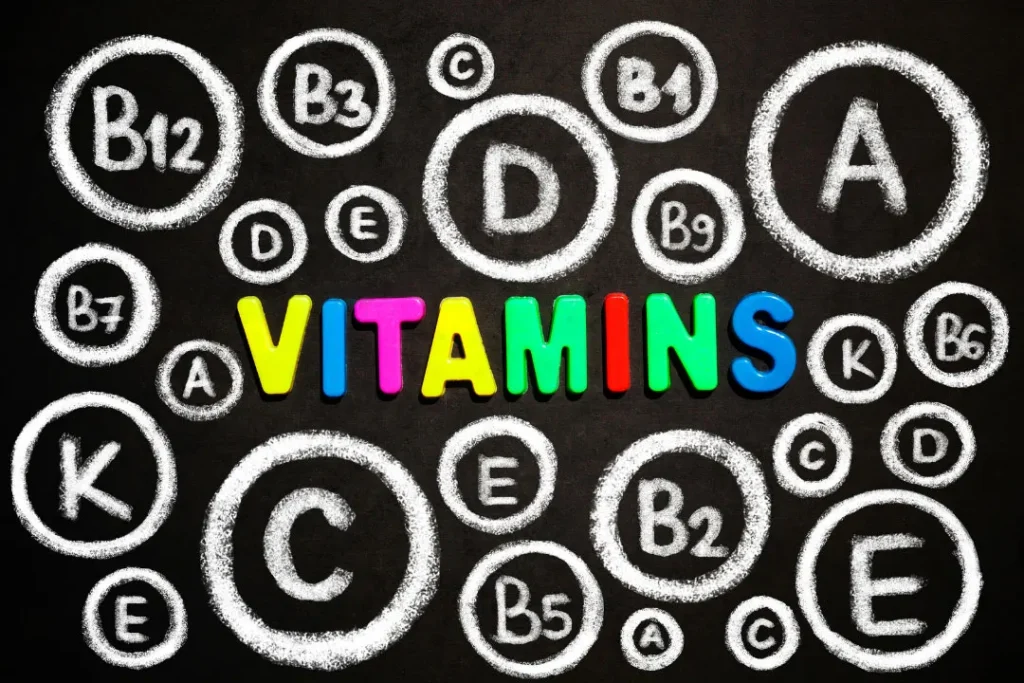Flavonoids are a class of plant metabolites renowned for their wide range of health advantages, including diosmin. Diosmin is more formally categorized as a flavone glycoside and is produced from the flavone hesperidin, which is naturally present in citrus fruits. Due to its therapeutic benefits, diosmin is frequently used as dietary supplements and as the main active component in a number of phlebotropic medicines. This piece seeks to offer a thorough explanation of diosmin’s nature, potential health advantages, ideal dose, potential adverse effects, and drug interactions, as well as recommendations for its safe use.
You May Also Like:
Sunmed CBD vs. Partnered Process CBD: Finding the Best CBD for Sleep
What is Non Restorative Sleep? Here are 5 Great Ways to Get Quality Rest Every Night
Diosmin: Benefits, Dosage, Side Effects, Drug Interactions, and Other Important Information is an original (NootropicsPlanet) article.
The Nature of Diosmin
A semi-synthetic flavone glycoside called diosmin is generated from the flavanone hesperidin, which is present in citrus fruits like lemons and oranges. In the creation of a flavone structure, dehydrogenation is required for the conversion of hesperidin to diosmin. According to its chemical name, diosmin is 7-[[6-O-(6-Deoxy-L-mannopyranosyl)-D-glucopyranosyl]oxy].-5-hydroxy-2-(3-hydroxy-4-methoxyphenyl)-4H-1-benzopyran-4-one.

Health Benefits of Diosmin
Diosmin’s antioxidative, anti-inflammatory, and venotonic qualities are principally responsible for its therapeutic actions, which translate into a variety of health advantages.
Treatment for Venous Disease: Diosmin increases lymphatic drainage and venous tone, lowering edema, capillary hyperpermeability, and venous stasis. In the treatment of hemorrhoids and chronic venous disorders, this effect has frequently been applied.
Anti-inflammatory properties: Diosmin has strong anti-inflammatory properties and is effective in treating venous disorders by preventing the generation of inflammatory mediators such as prostaglandins and free radicals.
Cardiovascular Protection: Oxidative stress, a major factor in cardiovascular disorders, is fought off by diosmin’s antioxidative capabilities. Diosmin aids in safeguarding cardiac tissue and blood arteries by scavenging free radicals and lowering lipid peroxidation.

Chemistry of Diosmin
Diosmin is a flavonoid with a chemical structure that includes a heterocyclic ring (C), two phenyl rings (A and B), and a 15-carbon skeleton. The flavone backbone is another name for this structure. Diosmetin is a flavone that comprises one or more sugar moieties linked to the flavone structure. Diosmin is a glycoside derivative of diosmetin. Diosmin’s sugar moiety is really a disaccharide made of rhamnose and glucose sugars that is joined to the flavone structure at position 7. Diosmin must have this glycosidic bond in order for it to be soluble and bioavailable in the body.
Physiological Mechanisms of Action of Diosmin
The principal effects of diosmin on vascular and cellular health can be linked to a number of different modes of action inside the body.
Diosmin protects vascular wellness because it is a venotonic and vasculoprotective substance. By altering the parietal muscle tone in the vein wall and controlling noradrenergic activity, it improves venous tone. Reduced venous capacitance, distensibility, and stasis are the results of this impact. Additionally, by boosting lymphatic rhythm, contraction amplitude, and fluid flow, diosmin enhances lymphatic drainage. Additionally, it lessens capillary hyperpermeability and increases capillary resistance, which decreases edema.
As mentioned, diosmin has anti-inflammatory and antioxidant effects that benefit cellular health. Its anti-inflammatory effects are brought about by lowering leukocyte activation and adherence as well as the production of prostaglandins and cytokines. On the other hand, diosmin’s antioxidant action is linked to its ability to suppress lipid peroxidation and neutralize reactive oxygen species (ROS), shielding cells from oxidative damage.
After ingestion, diosmin is hydrolyzed in the stomach to its aglycone form, diosmetin which can act as a type of pharmacokinetics. This compound is subsequently absorbed and converted into a number of phenolic acids.
Optimal Dosage of Diosmin
Depending on the problem it is intended to treat, the diosmin’s dosages vary. A daily dose of 500 to 1000 mg is often advised for chronic venous disorders, then 3000 mg of diosmin supplement daily for the first four days, followed by 2000 mg for the next three days. The prescription is frequently used for acute hemorrhoidal episodes. However, the dose must constantly be tailored while being monitored by a doctor.
Side Effects of Diosmin
Diosmin typically has few adverse effects and is well tolerated. Rarely, though, some people may encounter minor headaches, skin rashes, or gastrointestinal issues.

Potential Substance Interactions with Diosmin
Due to its effects on capillary permeability and fragility, diosmin may influence how anticoagulant medications work. If you are using anticoagulants, you must utilize diosmin under a doctor’s supervision. As diosmin is best absorbed in an acidic environment, drugs that change stomach pH, such as antacids, may also have an impact on diosmin absorption.
Responsible Use of Diosmin
The usage of diosmin must be done so responsibly, just like any other dietary supplement. It must be taken in accordance with a doctor’s instructions, and any negative effects must be reported right away. Due to the possibility of interactions, patients should also let their doctors know if they are taking any vitamins or other prescriptions.

Diosmin:
Conclusion
Diosmin is derived from a class of plant metabolites and it is known for its potential to support vascular health and improve blood circulation. Diosmin is a type of venotonics and exerts an effect in altering the parietal muscle tone of the vein wall. From this quality, diosmin is often used to alleviate symptoms associated with venous insufficiency, such as swollen legs, varicose veins, and hemorrhoids. Diosmin is also believed to have strong antioxidative and anti-inflammatory qualities.
Diosmin maintains healthy blood flow and reduces inflammation in blood vessels but more research is needed to fully understand its mechanisms of action and efficacy. All in all, diosmin is a promising natural option if you are looking to improve your circulatory system. Remember to consult with your doctors about incorporating diosmin into your diet to prevent negative side effects such as headaches, rashes, or gastrointestinal issues.
References:
- Diosmin: Uses, Side Effects, and More. Retrieved from: https://www.webmd.com/vitamins/ai/ingredientmono-1030/diosmin
- Potential and Therapeutic Roles of Diosmin in Human Diseases. Retrieved from: https://www.ncbi.nlm.nih.gov/pmc/articles/PMC9138579/#:~:text=It%20improves%20lymphatic%20drainage%20and,to%20improve%20quality%20of%20life.
- Diosmin: Benefits, Dosage, Side Effects, and More. Retrieved from: https://www.healthline.com/nutrition/diosmin
Important Note: The information contained in this article is for general informational purposes only, and should not be construed as health or medical advice, nor is it intended to diagnose, prevent, treat, or cure any disease or health condition. Before embarking on any diet, fitness regimen, or program of nutritional supplementation, it is advisable to consult your healthcare professional in order to determine its safety and probable efficacy in terms of your individual state of health.
Regarding Nutritional Supplements Or Other Non-Prescription Health Products: If any nutritional supplements or other non-prescription health products are mentioned in the foregoing article, any claims or statements made about them have not been evaluated by the U.S. Food and Drug Administration, and such nutritional supplements or other health products are not intended to diagnose, treat, cure, or prevent any disease.


